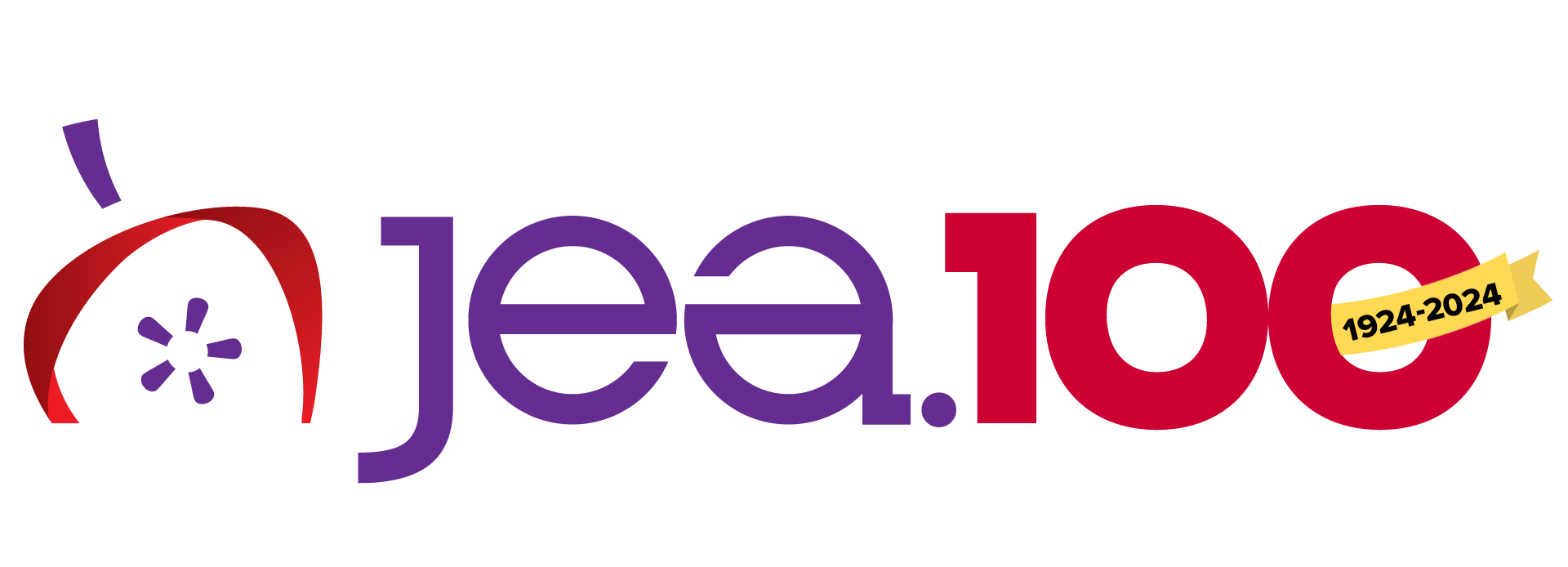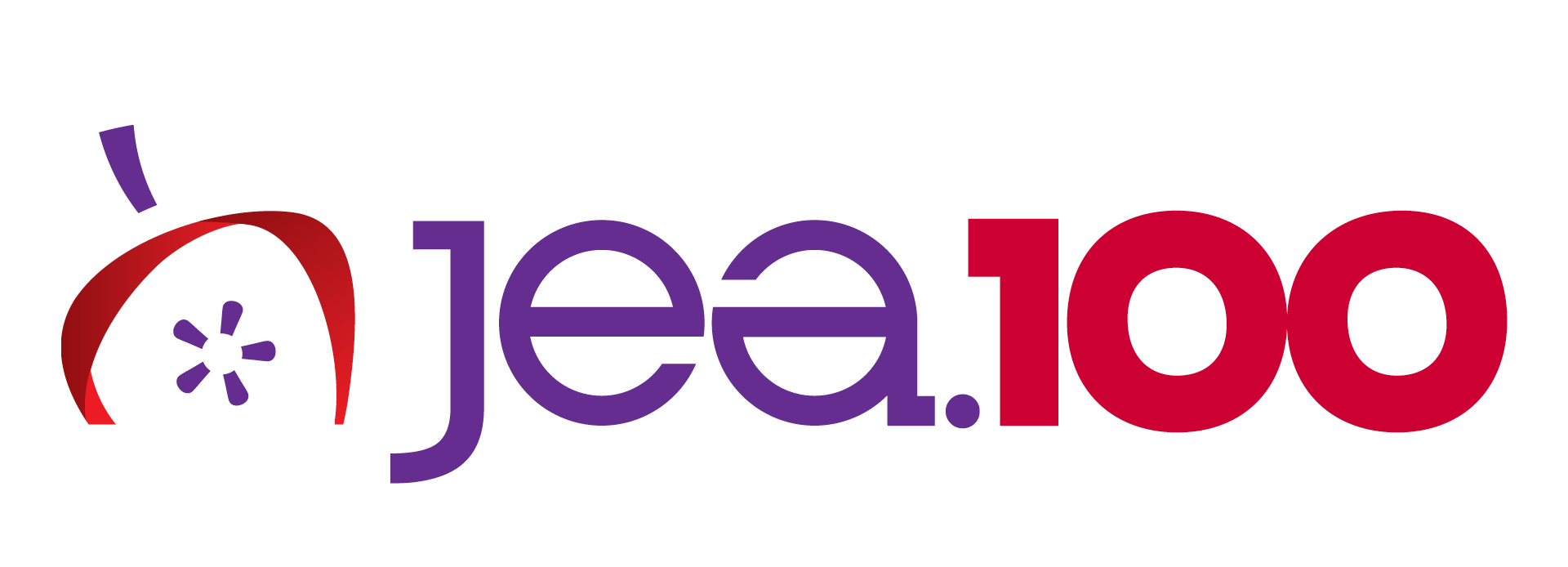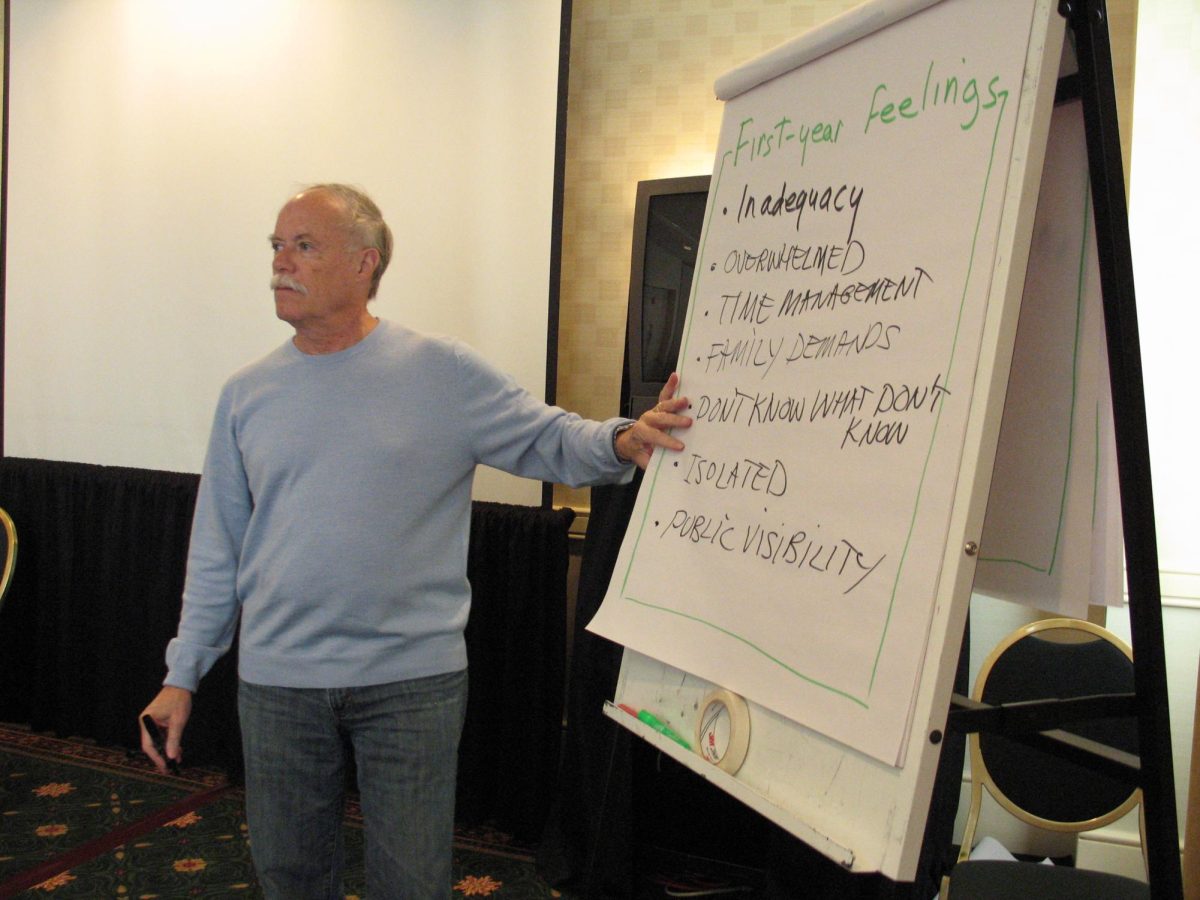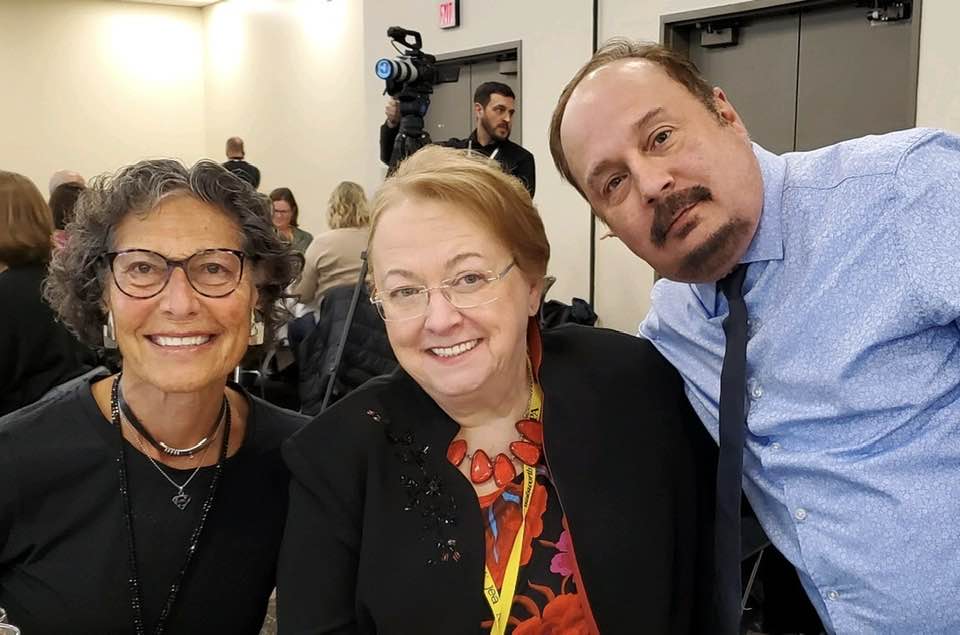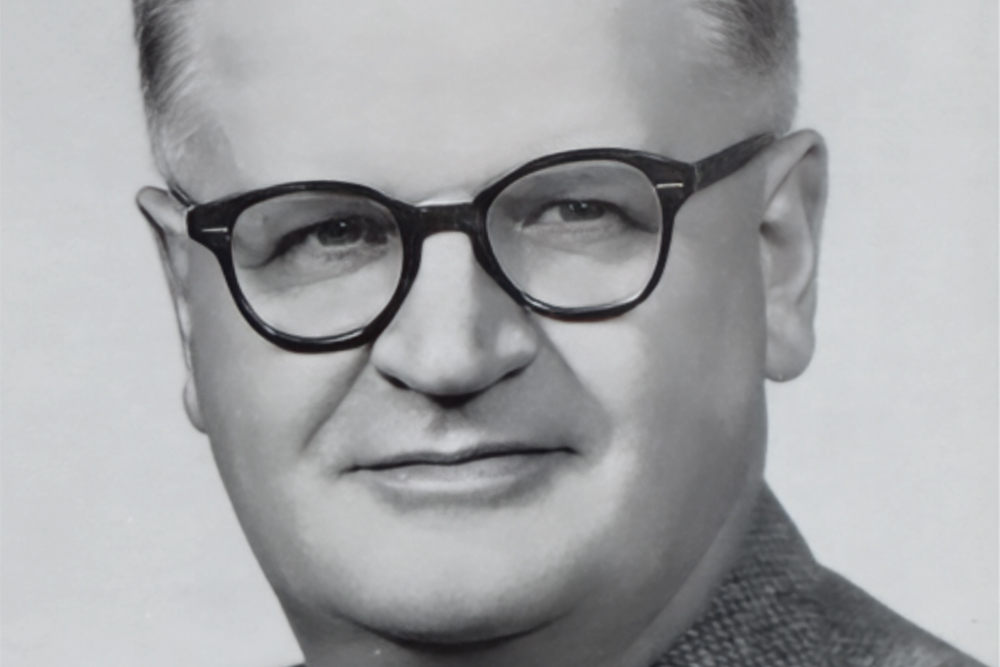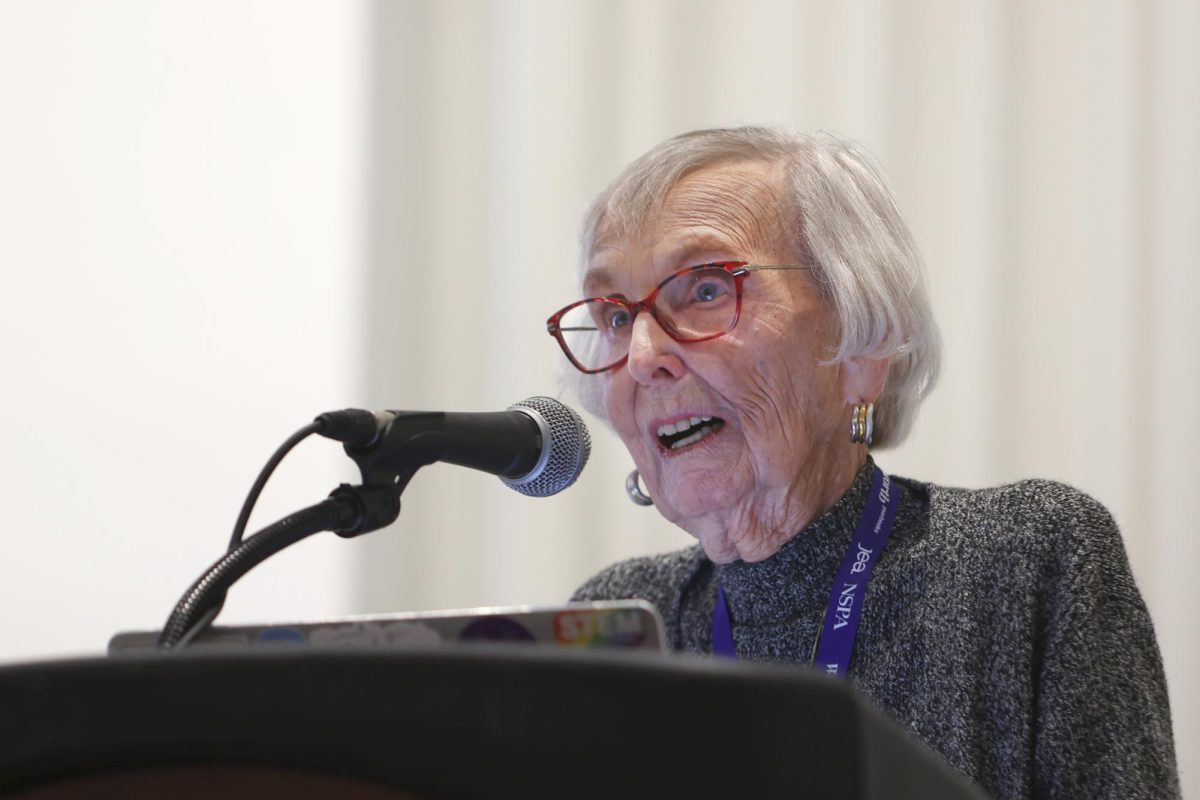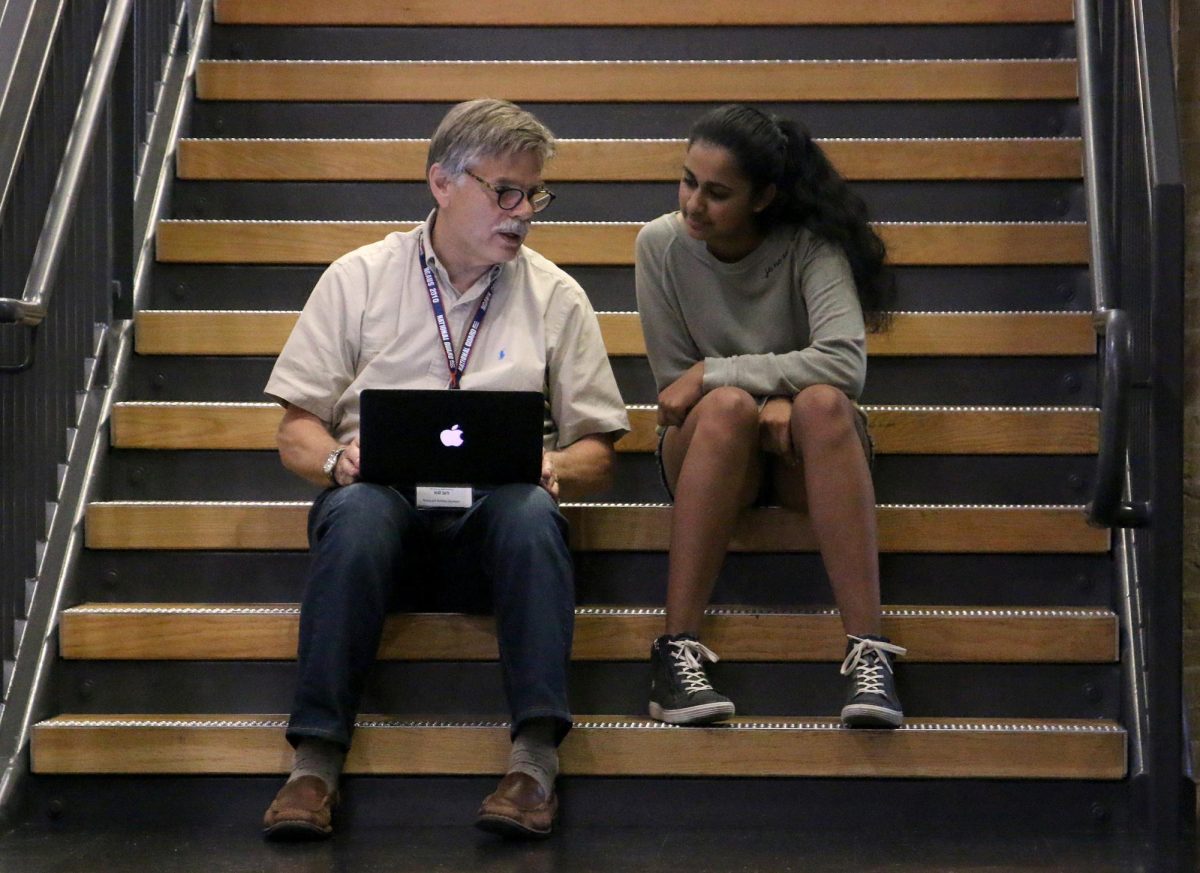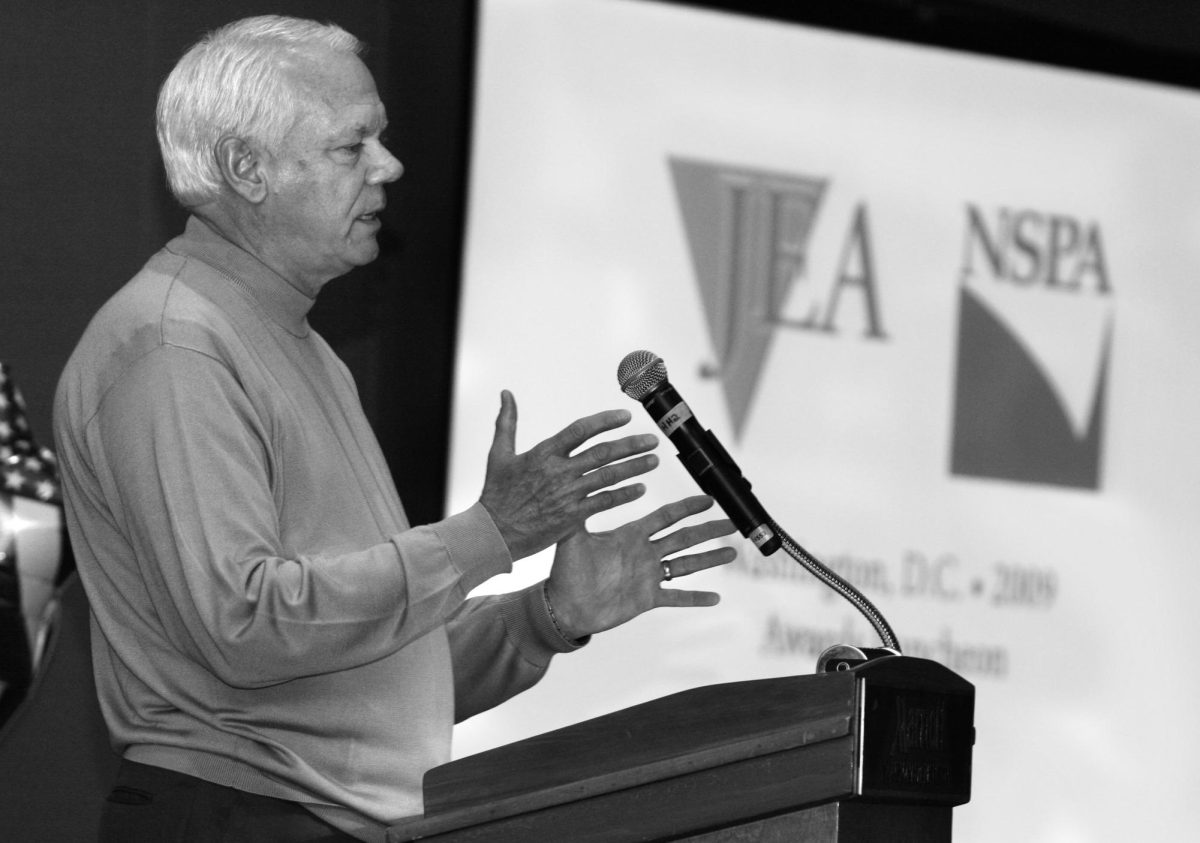Journalism, especially scholastic journalism, wasn’t a lifelong dream for Steve O’Donoghue, but for the last 49 years it has been his passion.
His first teaching assignment at Castlemont High School in Oakland, California, put him in a social studies classroom working with a principal he admired.
“She was in touch with people and created a positive work environment,” O’Donoghue said, “but when she left, the next principal came from a strong Army and police background and things changed. I escaped to Fremont High School where I could teach a minority history class if I would also teach journalism. I knew nothing about it, but I jumped at the chance.”
O’Donoghue’s father was a public information officer for the Marine Corps so he had that perspective, but he said he mostly “learned from scratch” and from other area journalism teachers.
Gary Daloyan, then president of the Journalism Education Association of Northern California and 1984 Carl Towley winner, introduced him to JEANC where he found his professional home and passion. By 1988 he was so plugged in to the system and JEA that he and Jim Shuman (Modesto High School) co-chaired the local committee for the San Francisco convention.
Attending conventions was financially out of the question for O’Donoghue’s students until his newspaper journalism program was deemed a California State Partnership Academy (The Media Academy) and partnered with the Oakland Tribune. Program funding allowed him to take students to conventions, send them to summer trainings and fund necessary computer and photography equipment.
A Washington, D.C., convention was an eye-opening experience for O’Donoghue as well as his students.
“We walked into the main ballroom and suddenly the students wouldn’t leave my side. They were overwhelmed with the ballroom itself and when they looked around it was clear there was no diversity at the convention.”
That moment convinced O’Donoghue things needed to change and he soon joined with Ken Siver, JEA president 1987-1993, and others to expand the Multicultural Commission and reach out to industry experts on diversity, led by Walterene Swanson, a journalism diversity trainer and Linda Shockley, then director of the Dow Jones News Fund. Soon JEA set up the Outreach Academy and added advisers of color to the board.
O’Donoghue and Nick Ferentinos, 2016 Carl Towley winner, introduced the concept of mentoring journalism advisers based on a California state program for new teachers. They launched the program at the 1992 Denver convention.
When Robert Maynard came to Oakland to rescue the financially failing Oakland Tribune, O’Donoghue saw an opportunity to collaborate. He worked with Maynard to develop the Media Academy which creates opportunities for minority students to be involved in journalism.
“I am most proud of what we accomplished at the Media Academy. We had money to do things and we collaborated with other programs to help kids help each other.”
O’Donoghue founded the California Scholastic Journalism Initiative with grant money to start up county-wide journalism programs in California to provide journalism programs for under-represented students and those without journalism programs at their school.
In 2021 he founded SacSchoolBeat.com to train high school students, primarily from high schools in Sacramento, California without journalism programs, to act as reporters on their schools and districts to help fill in news deserts created by the demise of local media and the shortage of professional education reporters.
Collaboration remains the operative word for O’Donoghue. He has also worked with the Oakland Urban Journalism Workshop for seven years, California Scholastic Journalism Initiative, Sacramento School Beat and the LAUSD Journalism Collaborative a joint effort between Los Angeles Unified School District, The McCormick Foundation, LA Youth Media, Newspaper 2, California Latino Journalists, California Black Media, and California Press Women to rebuild the journalism programs in Los Angeles public schools.
“Scholastic journalism has collaboration over other groups and we all do better when we collaborate and cross pollinate each other.” O’Donoghue said. “There is such camaraderie with other teachers. Sharing handouts and teaching materials is natural. We want others to take it and get better.”
For O’Donoghue, the future of both scholastic journalism and professional journalism depends on recruiting the next generation of more diverse and representative journalists and using mentoring as a means to rebuild all the journalism programs and professional journalism outlets that have been lost over the past two decades. JEA centers on the mentoring program and even more collaboration.
“A strong collaborative mentoring program is good for everyone. You build where you are and empower the students,” he said. “Scholastic journalism is its own reward.”
